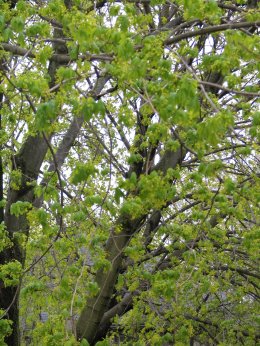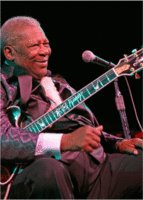Tantum ergo Sacramentum
Veneremur cernui:
Et antiquum documentum
Novo cedat ritui:
Praestet fides supplementum
Sensuum defectui.The Holy Thursday Mass of the Lord's Supper ends with the
Tantum ergo portion of the poem "Pange Lingua" by St. Thomas Aquinas. We worshippers in our hushed pews sing the ancient song a capella while the Blessed Sacrament - the Eucharist, the body of Christ - is carried by priests down the center aisle and back up into the side chapel, where it is installed for the duration of the Easter Triduum. I, a post-Vatican II Catholic, flip through my hymnal for the Latin words.
There is no official end to this Mass. Some of us get up and quietly leave; a handful of parishioners stay to pray over the Blessed Sacrament all night in shifts. "Could you not watch with me for one hour?" the anguished Jesus asked his friends in the Garden of Gethsemane. They could not. Now we do.
My gut always clenches when I arrive at Holy Thursday evening Mass, with its stunning re-enactment of Jesus washing his disciples' feet. It's not the sight of parishioners' bunions and warped toes that makes me tense, but rather the "oh no, here we go" sensation of being in a roller-coaster perched at the top of the loop. The story of the crucifixion and the events that led up to it is powerful stuff. I can listen to a synopsis calmly, but hearing and reading the actual words of the gospel about that Passover night and its agonies, I feel my diaphragm cramp with compassion and fear. It literally hurts to hear those Biblical words. So, I launch each year into Holy Thursday with anxiety, knowing that I have this night and then Good Friday to get through. Even the promise of Easter – rebirth! resurrection! redemption! - doesn't assuage my dread.
Yet I cannot stay away.
After years of spiritual rambling, starting with a bland but overall positive experience as a mainstream Protestant growing up, through flat-out agnosticism in college, continuing through visits to churches from Baptist to Unitarian in my 20s and 30s, and reading my brains out about nature, spirituality, and mysticism - and finally,
finally making the leap to Catholicism in my early 40s - I have managed to forge a fragile truce between my yearning heart and my doubting mind. I simply accept that they coexist. I am like the father of the possessed boy healed by Jesus, the man who cried out, "I believe; help my unbelief!" I
practice Christianity, indeed deism at all, with a sort of desperate tenaciousness, because I want to, I need to. God knows why.
Shall we place bets on which will prove the winner - my urge to believe or my impulse to deconstruct belief? Where is Annie Dillard when you need her? Oh yeah: predictably opinionated, she told an interviewer who asked about her conversion to Catholicism that "faith" is not a word she likes to use. "That's not what religion is about. It's about living life in a relationship with God." Just how difficult this is may best be illustrated by Dillard's own essay "God in the Doorway," from her collection
Teaching a Stone to Talk. She recalls as a young girl tearing upstairs one Christmas Eve, terrified at the sight of a neighbor at the front door in a Santa Claus suit, immense and illuminated, a Watcher and Knower she never expected or wanted to see in the flesh. Dillard ends the essay with this observation: "Once in Israel love came to us incarnate, stood in the doorway between two worlds, and we were all afraid." We're still afraid: afraid of being silly, afraid of a blinding light, afraid of
believing, in the face of all reason.
Lord, help my unbelief.
As I type this, a full moon ducks in and out of scarf-like clouds in a midnight sky. Some blocks to the east of us, a few parishioners continue to kneel in our darkened church's side chapel. All is stark and hollowed where we worship; the white stone altar, cleaned of flowers and decoration, is never more vividly a place of sacrifice, a place where flesh is placed to bleed and die, than on this night.
Once more it begins. On Holy Thursday I am called to confront the story of Jesus Christ in its fathomless, crazy mystery. The restless waters of the Passion lap around the ankles of my watchful skepticism. I am glad there are people praying over a bunch of flat, round wafers - or spectacularly Not-Wafers - in the darkness of our church.
Let faith stand forward to
Supply the defect of the senses.(Pange Lingua)






